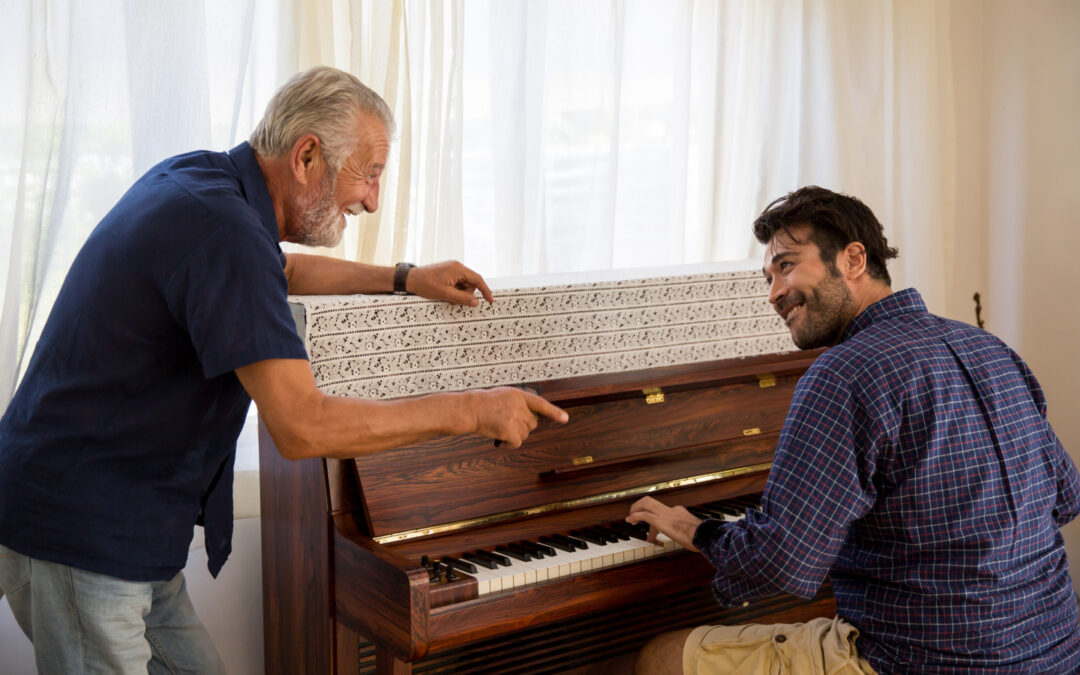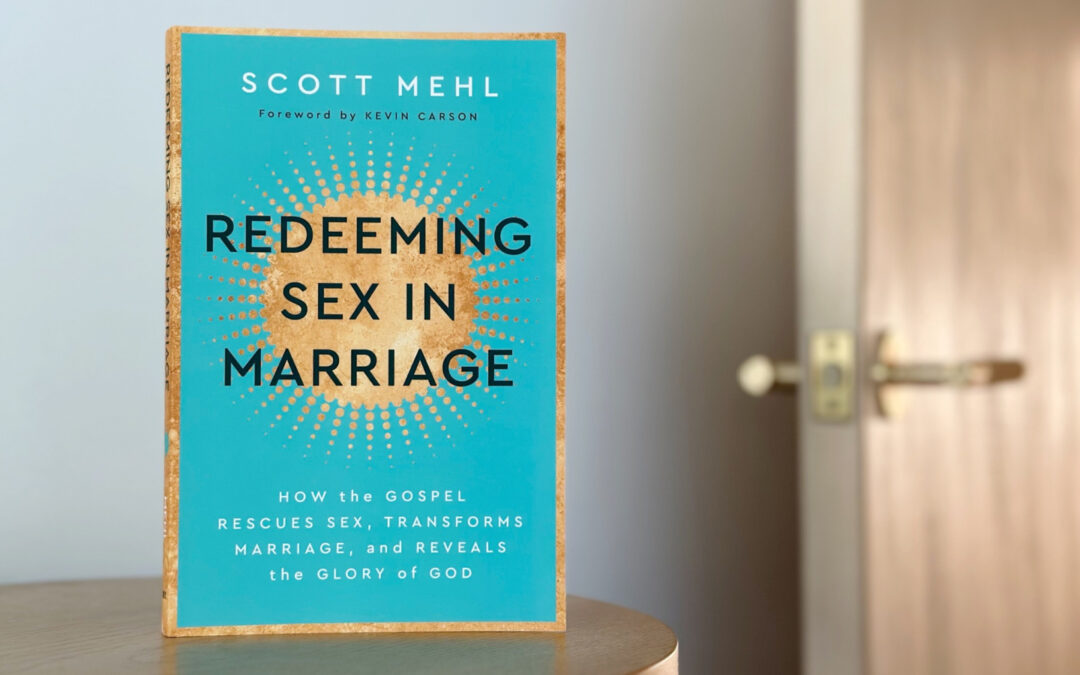Life is riddled with lonely seasons. Friends get married—you’re still single. Soldiers get deployed. Spouses separate. People disappoint and wound us. We disappoint and wound others. People die. And we are lonely.
Loneliness is like a sudden tide, that, “in the most unpremeditated ways, in the oddest places and for the most absurd reasons” sweeps in and pours over you.[1] It’s the sense of desolation following a rejection, a misunderstanding, or a loss. A new widower, C.S. Lewis wrote: “There is a sort of invisible blanket between the world and me…I dread the moments when the house is empty.”[2]
Face loneliness, don’t fix it
Loneliness is a form of suffering—and with all suffering comes a temptation toward self-sufficiency. We want to fix our bad feelings. We want controllable outcomes. We might manhandle loneliness by running away from it: rabidly practicing hospitality, plotting coffee meets, self-martyring through serving others. It’s not wrong to host or serve, we were built for relationships, these are good things.[3] But if we pursue them to suppress our sadness, we’re “not seeking community at all, but only distraction which will allow [us] to forget [our] loneliness for a brief time.”[4]
Loneliness is not something to be fixed or escaped from. It is a normal human experience, which means we have Divine grace to face it, and we are not alone (2 Pet. 1:3; 1 Cor. 10:13; Heb. 13:5). What does it look like to be fully present to our loneliness, yet turn to Christ?
Withdraw to the Father
Jesus sympathizes with our human experiences—loneliness included (Isa. 53; Heb. 4:14-16).[5] He often withdrew to the Father before engaging with people. Jesus acknowledged His aloneness yet turned to the Father Who was present with Him (John 16:32).
In union with Christ, we have this same gift—the ability to be dually alone/not alone, finding our deepest identity as people befriended, beloved, belonging to God (Gal. 4:5; Eph. 2:13; Col. 1:13). This is unshakably true, even when others reject, snub, or forget us.
Pivot toward people
From this place of confident belonging, we are free to enjoy human community as valuable, but second. Our loneliness is not answered in relationships first, but first in communion with Christ. In other words, your loneliness won’t go away when you find a better small group, grieve for exactly 1.5 years, or get married to a great guy.[6] The yearning for unbroken relational harmony is a sign that we were made for another world, and our loneliness will only be fully vanquished in God’s kingdom-to-come (Rev. 21:3; 22:1-5). Until then, we face our feelings, find refuge in Christ, and follow Him into loving pursuit of other people.[7]
[1] Elisabeth Elliot, Finding Your Way Through Loneliness (Grand Rapids, MI: Revell, 1988), 14.
[2] C.S. Lewis, A Grief Observed (New York, NY: HarperCollins, 2009, orig. 1961), 3.
[3] The certainty of Christ’s presence with us emboldens us to pursue others in friendship, relationship, and service. Since God will never leave us, we are confident to show love and hospitality, to pray for the suffering with a compassionate imagination (“as if in prison with them”), to be free and pure in covenant intimacy (Heb. 13:1-5).
[4] “The Christian community is not a spiritual sanatorium. The person who comes into a fellowship because he is running away from himself is misusing it for the sake of diversion, no matter how spiritual this diversion may appear. He is really not seeking community at all, but only distraction which will allow him to forget his loneliness for a brief time, the very alienation that creates a deadly isolation.” Dietrich Bonhoeffer, Life Together (New York, NY: Harper and Row, 1954), 76.
[5] Jesus was whisked away to a foreign country, raised a refugee, and his contemporaries sneered at His hometown and the dubious circumstances surrounding His birth (Matt. 2:13-23; John 8:41). Jesus often chose aloneness, withdrawing to desolate places by Himself (Matt. 14:13; Mark 6:47; Luke 9:18; John 16:32). He endured sorrows no one else could sympathize with (Matt. 26:36-45). And yet everywhere in the Gospels we see Jesus reaching out, pressing into relationship, eating and drinking and being with people (Mark 2:15-17; Luke 7:34-50; 19:1-10).
[6] We must not be so naïve as to imagine all single people are lonely, and all married people are not. Interestingly, Adam and Eve—a couple—were the first to experience the shame, hiding and disconnection associated with loneliness.
[7] Intimacy with God naturally overflows in love for others: “You don’t find community; you create it through love. Look how this transforms the way you enter a room full of strangers. Our instinctive thought is ‘Who do I know? Who am I comfortable with?’ There’s nothing wrong with those questions, but the Jesus questions that create communities are, ‘Who can I love? Who is left out?’” Paul Miller, A Loving Life: In a World of Broken Relationships (Wheaton, IL: Crossway 2014), 100.


